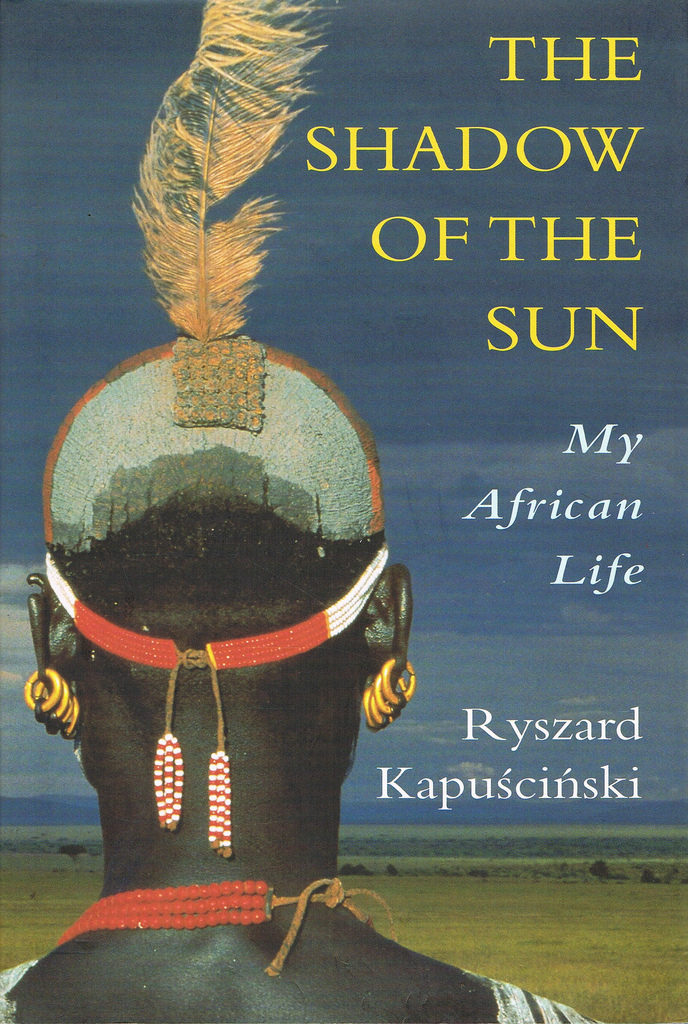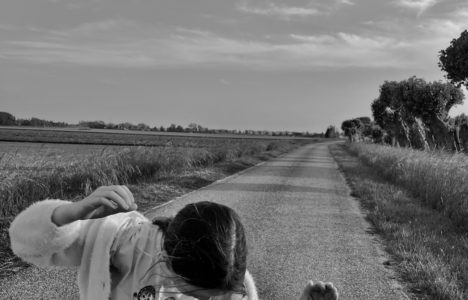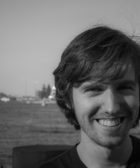We wachten. De eerste helft van ons leven op de tweede helft. De tweede helft van ons leven op het einde. We wachten in wachtkamers, op treinen, op boten. We wachten tot het beter wordt. Je kunt erop wachten dat het misgaat. De wachtende mens heeft een nieuw aangezicht gekregen: hij zit gebogen met een geknakte nek naar iets kleins in zijn hand te staren. Het starende wachten is een zeldzaamheid geworden. Als je staart dan los je problemen op. Als je naar je hand kijkt tijdens het wachten dan maak je waarschijnlijk meer problemen dan je oplost.
Ik wachtte eenmaal meer dan een etmaal, op een boot, in een hangmat boven de reling. De boot moest naar Bluefields in Nicaragua. In The Shadow of the Sun beschrijft Ryszard Kapuściński het wachten in Afrika in een bus totdat die vertrekt. Een bekend en hier goed beschreven verschijnsel. Ik heb in Kenia, in Masai Mara 7 uur gewacht tot een jeep uit de modder was. Goed bestede uren.
‘Therefore the African who boards a bus sits down in a vacant seat, and immediately falls into a state in which he spends a great portion of his life: a benumbed waiting.
“These people have a fantastic talent for waiting!” an Englishman who has lived here for years tells me.
“Talent, stamina, some peculiar kind of instinct.”
Africans believe that a mysterious energy circulates through the world, ebbing and flowing, and if it draws near and fills us up,it will give us the strength to set time into motion—something will start to happen. Until this occurs, however, one must wait; any other behavior is delusional and quixotic. What does this dull waiting consist of? People know what to expect; therefore, they try to settle themselves in as comfortably as possible, in the best possible place. Sometimes they lie down, sometimes they sit on the ground, or on a stone, or squat. They stop talking. A waiting group is mute. It emits no sound. The body goes limp, droops, shrinks. The muscles relax. The neck stiffens, the head ceases to move. The person does not look around, does not observe anything, is not curious. Sometimes his eyes are closed, but not always. More frequently, they are open but appear unseeing, with no spark of life in them. I have observed for hours on end crowds of people in this state of inanimate waiting, a kind of profound physiological sleep: They do not eat, they do not drink, they do not urinate; they react neither to the mercilessly scorching sun, nor to the aggressive, voracious flies that cover their eyelids and lips.
What, in the meantime, is going on inside their heads?I do not know. Are they thinking? Dreaming? Reminiscing? Making plans? Meditating? Traveling in the world beyond? It is difficult to say.’
Ze lossen problemen op. Starende mensen vertonen een intense hersenactiviteit. Dat is waar wachten voor is. Hoe ouder je wordt, hoe beter je kunt wachten. Op de maaltijd in een restaurant. Als je leven als een uitgestrekte vorm van wachten ziet, wordt wachten vanzelf leven, en niet moeilijk meer. Tijd om iets op te lossen.
————–
 Menno Hartman (1971) was vroeger redacteur van Tirade. Sinds 2008 werkt hij bij Uitgeverij Van Oorschot.
Menno Hartman (1971) was vroeger redacteur van Tirade. Sinds 2008 werkt hij bij Uitgeverij Van Oorschot.







